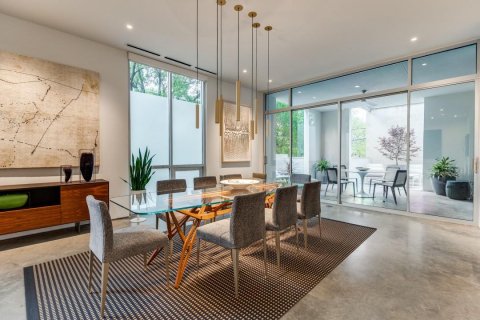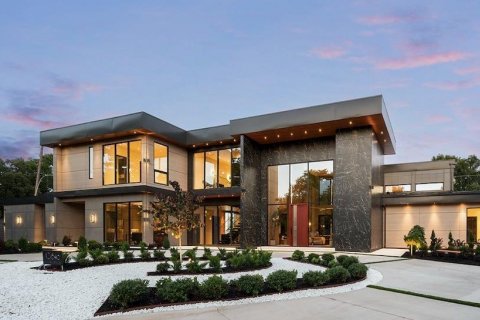How Dallas Women Do It — Dr. Lyndsey Harper, Founder of Rosy
The Dallas-Based Sexual Wellness App Finally Puts the Focus on Women's Health
BY Susannah Hutcheson // 12.10.21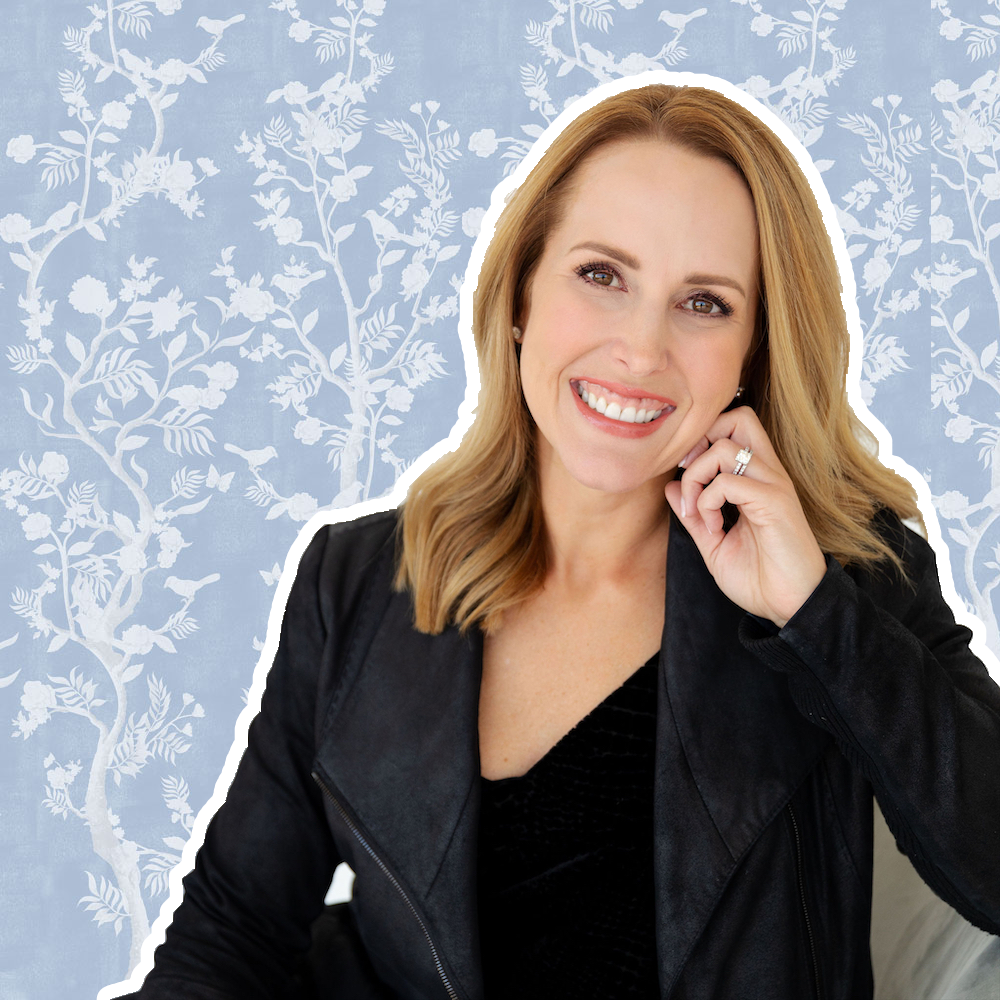
For Dr. Lyndsey Harper, medicine has always been an avenue to help others. However, Harper realized fairly early on as an OB/GYN that medicine left a massive gap when it came to helping women deal with sexual health and wellness. A fierce desire to help her patients and to educate everyone on those issues led Harper to found Rosy, a first-of-its-kind platform geared towards helping women find the answers to their questions without shame and through an evidence-based, holistic approach.
Harper talks with PaperCity about everything from finding self-care in a bookstore to the realization that most doctors aren’t prepared to deal with women’s sexual health issues — even though 43 percent of women have them.
PaperCity: What does your journey to becoming a doctor look like?
Lyndsey Harper: I wanted to be a doctor my whole life since I was a little girl. I had a very straightforward path, and I didn’t have any decision-making issues with college or medical school… which was a gift. I went straight through, and was very passionate about OB/GYN in medical school. I loved that I got to hang out and talk to women all day, that you get to do surgery, and also, babies. I’m obsessed with them, and can’t get enough of birth. It’s the coolest opportunity and gift and vulnerability that you can be a part of in someone’s life. So, OB/GYN was an easy decision for me.
What inspired you to start Rosy?
LH: When I was in practice I started getting my antenna up to all of my patients who needed help with sexual problems. My patients would have trouble with “why don’t I ever want to have sex?” or “why can’t I have an orgasm like I used to?” or “what’s the cause of this pain?”
And, when I was trying to navigate all of that, I felt like I didn’t really have good answers for them. I felt like I was falling short for these women. These aren’t easy things to talk about, and these are a big deal for them — I wasn’t able to give them what they needed, and that bothered me a lot. So I started asking other doctors and I started getting on Facebook groups for women physicians and OB/GYNs, and the shocking thing was that it wasn’t just me who didn’t know to help — it was all of these women’s health doctors that hadn’t gotten trained on all of these issues that 43% of women have. That started to really get under my skin.
You know, urologists treat all kinds of men’s sexual dysfunction. Insurance covers erectile dysfunction medications and penile implants — why do doctors not even know how to talk to women about women’s issues? It started irritating me enough to where I started taking action. I joined a medical society where all they do is study evidence-based interventions for women’s sexual health, I became a fellow for that organization, and then I really became passionate about not only helping patients in my home practice but also trying to get out the word widely that, you know, these are really common problems! You’re not broken. There are experts that really do want to help you. Because we don’t talk about these things in society, women end up suffering by themselves — because they think they’re the only ones that have these problems. They think they must be so broken that not even their doctors know what to do, right? It’s this self-perpetuating problem, and it doesn’t have to be that way. In fact, it shouldn’t be that way.
We are decades behind where men are when it comes to our sexual health, and I wanted to do whatever I could do to play a part in that change. That’s really where the idea and the actual company of Rosy was born. I can’t understand how we are where we are in the world today, and there are so many people that aren’t even aware of this discrepancy.
What does your day-to-day look like running Rosy?
LH: I always set aside an hour a day for emails. I learned pretty early on that if I did not designate a time for emails I was always going to be underwater. I am a very type-A personality who likes to do things when I say I’m going to do them, so I live and die by my calendar. I’m so thankful my kids are in school this year because that was a whole other problem.
After emails, I’ll usually have a meeting or set time for a project, whether that’s a meeting or a product or research (we do a lot of original research at Rosy) or marketing strategy. We talk a lot about the user experience and those potential opportunities to add more value, and I do a lot of public speaking to groups of physicians and to groups of women, too. There’s a lot of different things that make up my day, but it usually involves my team or different partners we’re working with. We’re usually creating content or doing outward-facing things like educating doctors or women about these really common issues.
How do you prioritize your own mental and physical health?
LH: It’s been a real journey for me, because growing up in the culture of medicine and seeing patients every 5-7 minutes is so hard. [Prioritizing mental health] is not something that’s prioritized in medicine, so when I came out of private practice and into the start-up world, I had the opportunity to really make this company in several different ways and my day-to-day exactly how I wanted it to be.
The biggest thing that I do for my mental health is that I allot as accurate of a time slot that I think I will need for a certain activity. When I first started I thought, ‘oh, I’ll do 30 minutes, 30 minutes, 30 minutes, 30 minutes,’ and because of that I was constantly underwater. I was promising things to myself and others that were absolutely unattainable and that drives me crazy. I like to deliver. Now, I’m like, ‘okay, I have to create a deck for this presentation. I know that’s going to take me a solid 2-3 hours,’ and so I’ll give myself a block of that. That’s really, for me, how I’m productive and efficient and can make visible progress on those bigger-picture goals. It’s really about tying back the time I make available to the company to the goals I’m trying to accomplish, and really deliberate about what those commitments mean.
It’s something I probably developed as an obstetrician — because I couldn’t always be there for my patients when I was off. I have three kids, and if somebody was in labor and I wasn’t on, somebody else would deliver them. I had to separate myself emotionally from those things a long time ago, and I try to practice that now. When I’m with my kids, I really want to be with my kids — and I want them to have a mom that’s present. I have made decisions differently than that in the past in private practice, so now it’s a combination of control of my own schedule and security in the fact that there is enough time to do everything and things will get done. There are times obviously where I have to work more, but I try to be honest with myself about all of my commitments so I’m not constantly feeling guilty about being bad at everything.
What advice would you give to Dallas women?
LH: I love to give talks to Dallas women because there’s nothing more fun. I feel that if there is something that you are passionate about or that you’ve wanted to try, that you give yourself the opportunity to explore what that might look like. While it is really scary and fraught with a lot of risk, self doubt, and questions about whether you’re the right one for the job, the reward — the creativity and passion and ability to be able to connect with others that comes along with it — is the ultimate reward.
If there’s something you’re considering that’s an ember looking for some oxygen, give it some oxygen. Sit down with yourself and explore your brain, and ask what that could look like in your life. Maybe it’s net-positive for you and your challenge and your journey! At least give yourself the time to evaluate it, because it can be really illuminating.
OK, let’s have a little fun…
What’s your go-to Dallas coffee order?
LH: It’s definitely Starbucks. I get a tall caffe misto.
What’s the best Dallas meal you’ve ever eaten?
LH: This underground restaurant (it’s closed now) called FRANK — it was amazing. It was at this chef’s apartment in the Adam Hats building, and you’d have to get in a lottery to be invited. We were invited two times, and you go to this loft with a bunch of random people, and you’re at this really long, communal table and they make you this amazing dinner. The food was excellent and I love to go on food adventures — and that’s what it felt like, a food adventure that we got to meet people through and understand from the chef’s eyes.
What are your favorite local wellness spots?
LH: I used to train at the hospital gym, but my trainer has been coming to my house since Covid… so I’m super spoiled. I don’t think The Joule can be beat, and if I were going to pick something to do by myself it would be to go to a bookstore. I love coffee, and books, and sitting down and looking at books, and I love Interabang. I don’t do it that often because I have 3 kids, but I love a good bookstore.
What’s your favorite Dallas hidden gem?
LH: Savor Patisserie — I love their macarons. Or, Eatzi’s. It’s not that hidden, but…





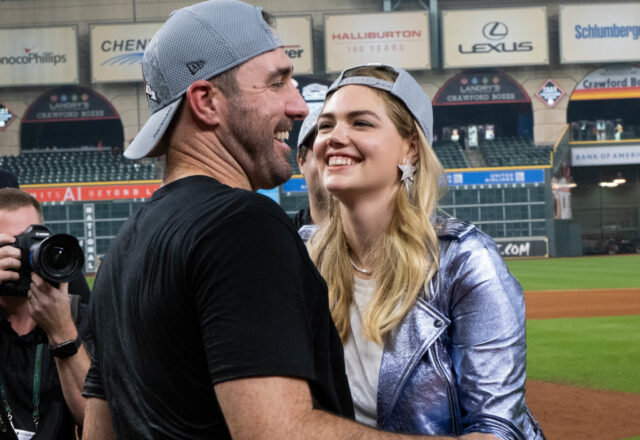


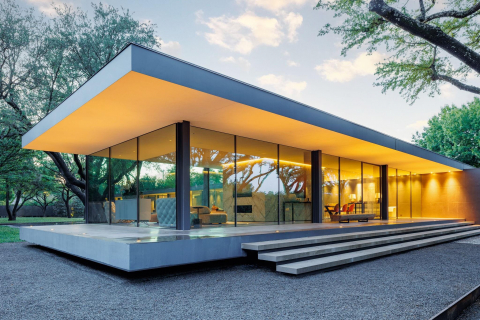








_md.jpeg)

